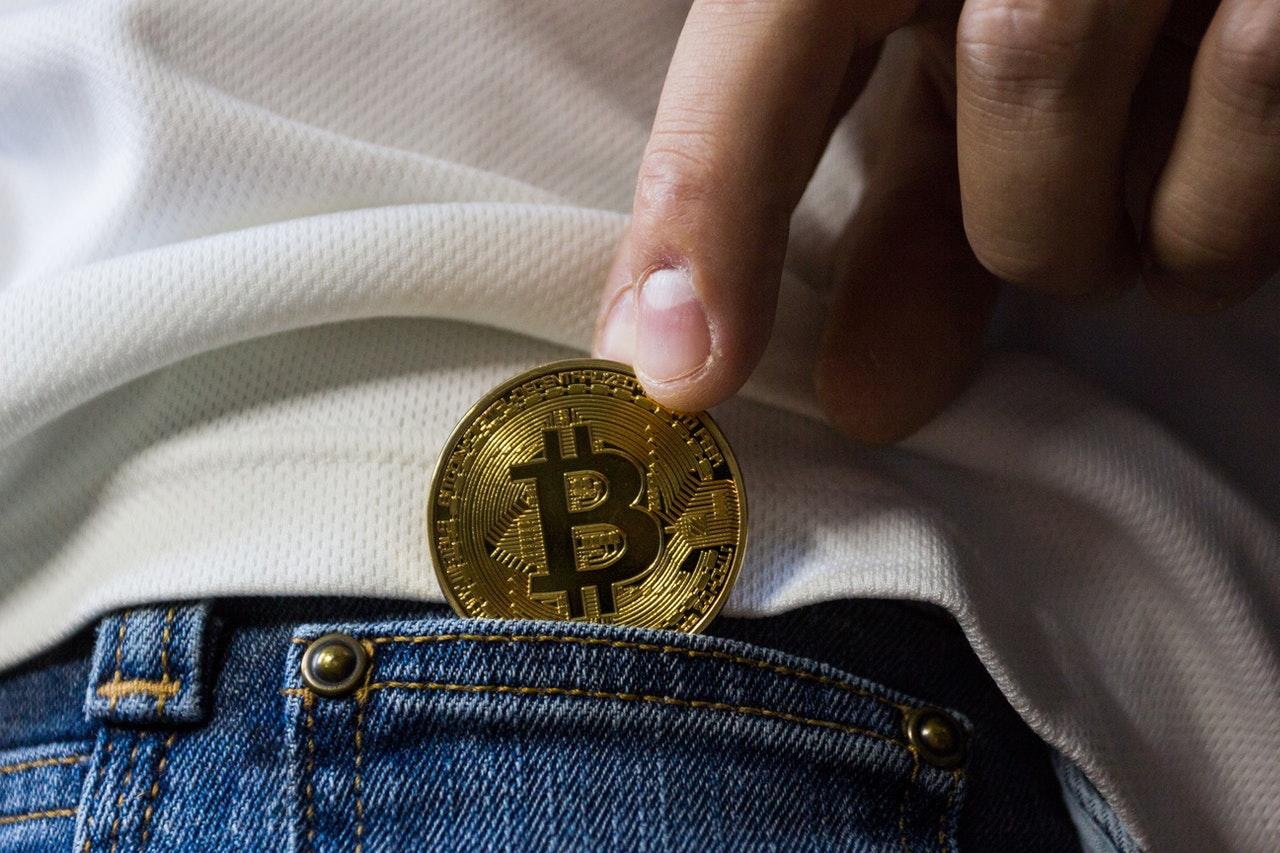By Simon Davison (AnotherDay), Michael Goodwin QC & Tom Davies (Red Lion Chambers)
Crypto Fraud
The heightened use of cryptocurrency by the tech sector, businesses and the public has led to a substantial increase in crypto-asset fraud. Crypto scams are now reported daily by the media, and have more than doubled in the last year. Indeed the Financial Conduct Authority received 6,372 alerts about suspected crypto-frauds last year. The victims can be cryptocurrency exchanges, small and large scale investors, individuals and companies.
The scams take many different forms. For example, the adaptability of blockchain technology, means that ‘Initial Coin Offerings’ for the latest token or coin provide ample opportunity for bad actors to make unlawful gains. Coins may be offered that are essentially worthless, or investors’ funds are funnelled into a wholly illegitimate website which looks like a legitimate ICO.
‘Give away’ frauds are also common in the crypto space. Traditional scams are also common place such as phishing emails. These remain popular as an attempt either to obtain fiat currency (purportedly in exchange for cryptocurrencies), or to obtain security data relating to cryptocurrency accounts, thereby allowing illegal access to funds or crypto. Romance frauds and blackmail are also prevalent.
Criminality concerning cryptocurrencies does not end there. The anonymity offered by cryptocurrency makes it a highly attractive technology to those wishing to keep their activities away from the prying eyes of law enforcement agencies, such as terrorists and money launderers. And the sums involved are not small. The Metropolitan Police recently seized around £114 million worth of cryptocurrency as part of an ongoing money laundering investigation, the largest ever seizure of crypto-assets in the UK and one of the largest in the world.
Part of the problem is that to date, the cryptocurrency sector is largely unregulated in the UK. Although the government is taking action, together with regulators and the Bank of England, crypto-crime continues to expand rapidly. And so, while the regulatory framework is still being developed and implemented, many sleep walk into being victims of crypto-fraud.

‘Prevention is better than the cure’
In many cases cryptocurrency related crime is entirely avoidable, by conducting pre-transactional due diligence, and ensuring robust cyber policies and procedures are in place.
Furthermore understanding what you are investing in, and who you are sending your money or assets to, is crucial. In many cases, fraudsters obtain multiple victims and can receive huge sums of stolen funds – as such, they will regularly have compelling company websites, white papers, and ‘staff’ on social media to give the pretence of legitimacy.
If an investor is considering making an investment into cryptocurrency, then seeking advice prior to making a transaction can be wise, both to provide reassurance that the investment is genuine, and also to identify any ‘red flags’ or potential areas of concern.
Investigators often assist clients understand whether or not an investment is a scam completing blockchain analysis on wallet addresses. However, if the worst does happen, individuals can look to the law for redress.

Recovering Cryptoassets
There are two main ways in which the victims of cryptocurrency crimes can obtain redress – through a proprietary claim in civil proceedings, or by way of compensation or the confiscation of a defendant’s assets following a criminal conviction.
Most importantly a victim of crypto-fraud must act quickly. Crypto-assets can be moved, further obfuscated or ‘cashed out’ within seconds, and so responding with urgency to a scam is important.
A key element of investigating and recovering stolen crypto-assets is conducting complex blockchain analysis to track and trace the funds. However, equally important is conducting the ‘real world’ investigation, to prove to the courts that a fraud has been committed, and providing accompanying evidence to support this.
Investigators such as AnotherDay see numerous requests every day from victims of cryptocurrency related crime, who are unsure what to do or how to proceed. By way of example, in the case of Duncan Johns and Ion Science vs Persons Unknown, analysis of communications, reverse image searches and open source intelligence showed that the suspect was not who they claimed they were, and that this was in fact a fraud; this was vital in proving to the court that this was a fraud and thereby justifying the applications that were made and their recovery. The investigation, conducted by AnotherDay tracked and traced the assets across multiple blockchains. It was identified where the funds were sent. Thereafter assets linked with the fraudsters were frozen and recovered.
And so whilst a regulatory framework is put in place to protect consumers and investors from crypto-fraud following private investigations and civil or criminal legal proceedings, the victims of crypto crime have remedies available to recover losses and achieve justice.




